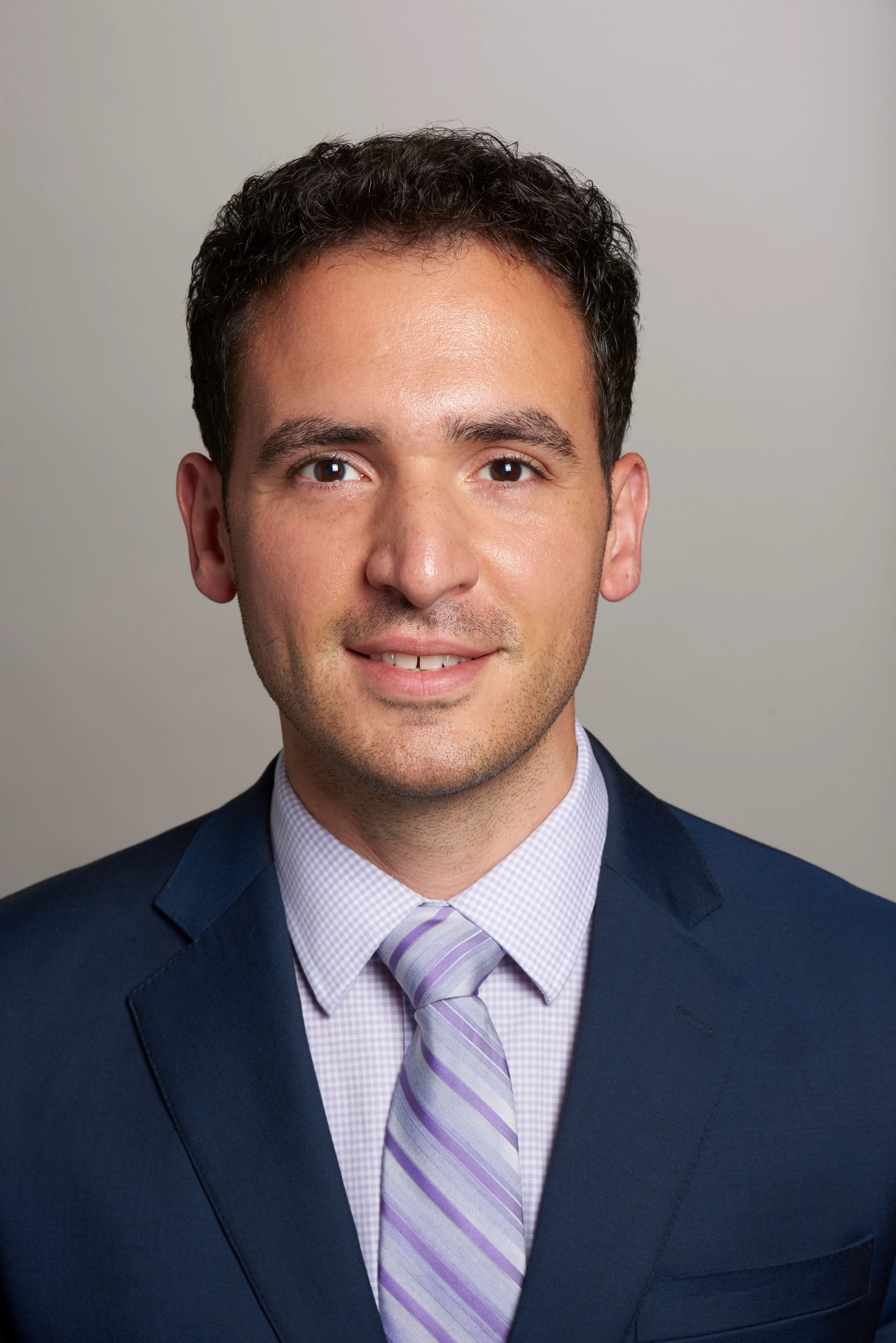Could injection therapy involving a biologic therapeutic agent reduce or eliminate the need for surgery or steroids among patients who present with chronic rhinosinusitis with nasal polyps (CRSwNPs)? That is a question that Anthony Del Signore, MD, PharmD, hopes to answer.
Dr. Del Signore is a sub-principal investigator at Mount Sinai Beth Israel for a multicenter, randomized, double-blind, placebo-controlled, parallel-group phase 3 study that is evaluating the efficacy and safety of administering tezepelumab among adults with severe CRSwNPs. The therapeutic agent, which is indicated for add-on maintenance for severe asthma, acts on thymic stromal lymphopoietin (TSLP), a protein belonging to the cytokine family that plays a key role in allergic inflammation. Although CRSwNPs are associated with eosinophilic T helper type 2 inflammation, and there are biologics that block this pathway, Dr. Del Signore explains that TSLP is another chemical messenger that is found in elevated levels in patients with nasal polyps. Therefore, it acts as an alternative pathway that can be blocked and lead to polyp reduction.
“Tezepelumab is thought to disrupt some of the fibrosis that often occurs in nasal polyps,” says Dr. Del Signore, Assistant Professor of Otolaryngology at the Icahn School of Medicine at Mount Sinai, and Director of Rhinology and Endoscopic Skull Base Surgery at Mount Sinai Beth Israel. “It delivers an antibody that binds to the TSLP receptor, which then prevents some of the downstream signaling that drives a lot of the polyp formation.”
If tezepelumab blocks the signal, he explains, it could potentially reduce the size of the polyps, which could provide an effective treatment among patients with polyps and reduce the need for surgery. “It could also be beneficial for patients who have undergone multiple courses of surgery due to recurring polyps,” says Dr. Del Signore.
What Will the Study Entail?
Approximately 400 subjects will be enrolled in the study globally and randomized into two cohorts of 200 participants. The treatment cohort will be administered tezepelumab every four weeks via subcutaneous injection using pre-filled syringe over a 52-week treatment period. The control cohort will be administered a placebo. Eligibility criteria include a diagnosis of CRSwNPs for at least 12 months prior to first visit, with a severity consistent with need for surgery as defined by total Nasal Polyp Score ≥ 5 (≥ 2 for each nostril at screening), nasal congestion score ≥ 2 at first visit, and ongoing documented NP symptoms over more than eight weeks prior to screening such as rhinorrhea and/or loss of smell. Other criteria include a ≥ 30 score in the Sino-nasal Outcome Test (SNOT-22), which consists of 22 questions that gauge the severity of the patients’ CRSwNPs symptoms.
How Will Outcomes Be Measured?
The primary outcome measures are nasal polyp scores, based on a sum of the right and left nostril scores as evaluated by nasal endoscopy, and participant-reported changes in nasal congestion. The secondary outcomes include loss of smell, SNOT-22 scores, time to surgery among both cohorts, sinus opacification, and changes in lung function. The study also includes a post-treatment follow-up of 12 to 24 weeks for participants who complete the 52-week treatment period.
“In addition to their injections, we will be conducting ongoing overall assessments of adverse events related to medication and quality of life,” Dr. Del Signore says. “We will also look at their sense of smell and their lung function, and we will perform blood tests to assess factors, such as changes in immunoglobulin levels. In some patients who consent to it, we will conduct a nasal swab to determine what strains of bacteria are present and potentially obtain a small biopsy of tissues to investigate the effects of the therapeutic agent on polyps.”
If the study is successful, tezepelumab could be approved as a treatment for nasal polyps by the U.S. Food and Drug Administration.
“By isolating and elucidating this treatment, we have the potential to offer patients a safe-and-effective alternative to the traditional standards of repeated doses of oral steroids and extensive sinus surgery and the risks associated with them,” Dr. Del Signore says. “I believe that would have significant advantages for our patients and truly disrupt our current treatment paradigm for nasal polyps.”
Featured

Anthony Del Signore, MD, PharmD
Assistant Professor of Otolaryngology
